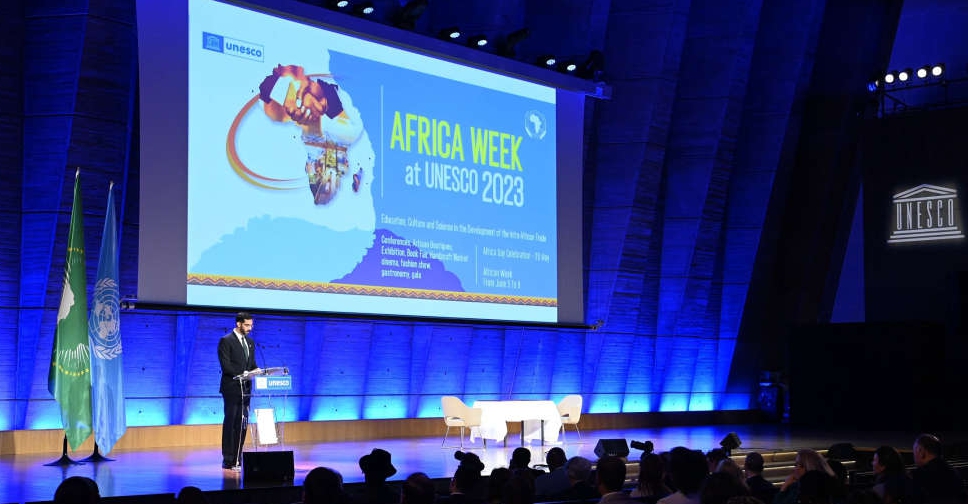
The UAE has announced a fund to support world heritage, document conservation and capacity building initiatives at a number of sites across Africa.
The fund will be launched in collaboration with the International Alliance for the Protection of Heritage in Conflict Areas (ALIPH) and the African World Heritage Fund (AWHF).
The announcement came during an event held by the Africa Group at UNESCO headquarters in Paris, coinciding with Africa Day celebrations on May 25 and Africa Week.
The Ministry of Culture and Youth will represent the UAE, and become a Platinum Partner of the African World Heritage Fund.
The AWHF is an intergovernmental organisation created in 2006 by the African Union and UNESCO to support the effective conservation and protection of cultural and natural heritage in Africa.
Its main objective is to address the challenges faced by African States Parties in the implementation of the UNESCO 1972 World Heritage Convention, specifically, the underrepresentation of African sites on the World Heritage List and the conservation and management of these sites.
The UAE’s contributions also aim to build the capacities of local communities, while ALIPH, which the UAE co-founded in 2017 in collaboration with France, will implement three projects in Sudan, Democratic Republic of the Congo and Ethiopia.
In a statement, Sheikh Salem bin Khalid Al Qassimi, Minister of Culture and Youth, said, "In the UAE, we are committed to conserving human heritage in all its forms, and strengthening partnerships with international organisations actively working in this field, out of our belief in the importance of preserving this heritage for future generations, and the role it plays."
He stressed that working to preserve heritage in Africa is of particular importance, due to the cultural significance that the continent enjoys and its enormous civilisational heritage, which represents an important part of human history and culture.
Al Qassimi added that among the most important reasons for the UAE to implement this project at this time is the impact of climate change on tangible and intangible heritage in Africa.
The launch of the fund also coincides with the UAE’s declaration of 2023 as the ‘Year of Sustainability’, and the country’s hosting of the Conference of the Parties to the UN Framework Convention on Climate Change (COP28) later this year.
The UAE has also previously implemented projects to support tangible and intangible heritage in Africa.
In November 2022, the Ministry of Culture and Youth, through the UAE’s National Commission for Education, Culture and Science, signed an agreement with the Islamic World Educational, Scientific and Cultural Organisation (ICESCO) to inscribe African heritage games on the Representative Lists of the Intangible Cultural Heritage of Humanity of ICESCO and UNESCO.
In addition, in January 2023, the Ministry and the Arab League Educational, Cultural and Scientific Organisation (ALECSO), signed an agreement to support Arab countries in Africa to submit joint files for inscription on the same list.
On this occasion, Sheikh Shakhboot bin Nahyan Al Nahyan, Minister of State at the Ministry of Foreign Affairs, said: "The launch of this fund on Africa Day has tremendous cultural significance. It is a day that not only commemorates vibrant African culture and the spirit of Africa but also signifies the 60th anniversary of the establishment of the Organisation of African Unity (OAU), now known as the African Union (AU). This convergence of historical milestones amplifies the importance of our collective efforts to preserve and celebrate Africa's rich heritage."
These projects will be implemented in cooperation with local governments, alongside local and international partners.
One of the projects that will benefit from the initiative is the restoration of the National Cultural Heritage Inventory of the Democratic Republic of the Congo (DRC).
The first phase has already been completed by ALIPH with the support of the UAE Ministry of Culture and Youth, and the International Council on Monuments and Sites (ICOMOS).
The project has so far trained 29 specialists from relevant institutions in DRC in the field of documentation and inventory preparation. The second phase is scheduled to begin in 2024.
A significant part of the fund will be allocated to revitalise one of the oldest preserved Sudanese mosques at Dongola, which was included in the UNESCO World Heritage Tentative List.
This project has been undertaken by the University of Warsaw along with the Polish Centre of Mediterranean Archaeology (PCMA) in partnership with the National Corporation for Antiquities and Museums (NCAM).
Urgent conservation work on the Dongola Mosque began earlier this year and will go on for three years, with the project also providing on-the-job training opportunities for Sudanese experts, creating 60 local jobs in the process.
Another significant project under the current programme will be the restoration of the Yemrehana Krestos Church in Ethiopia, which is considered one of the most symbolic sites in the country's Amhara region.
It encompasses a palace and a church dating back to the 11th-12th centuries.



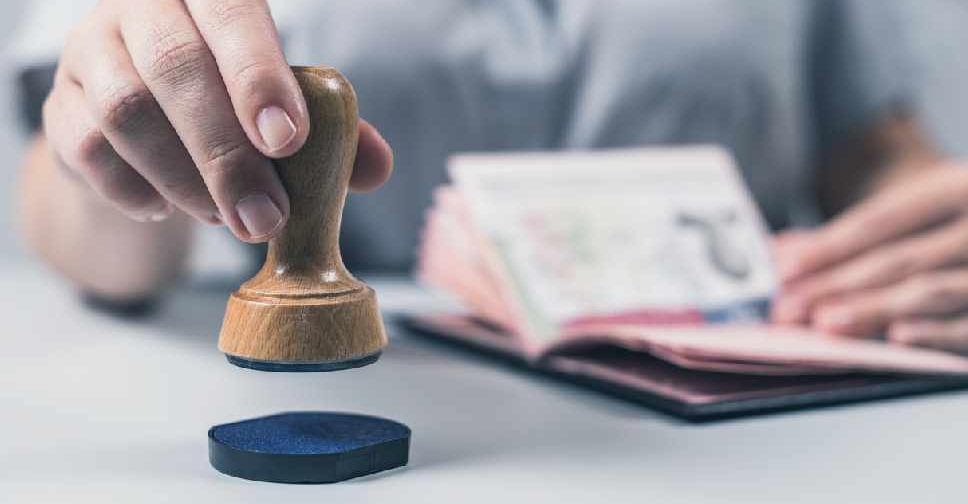 UAE waives residency and visa fines for Sudanese nationals
UAE waives residency and visa fines for Sudanese nationals
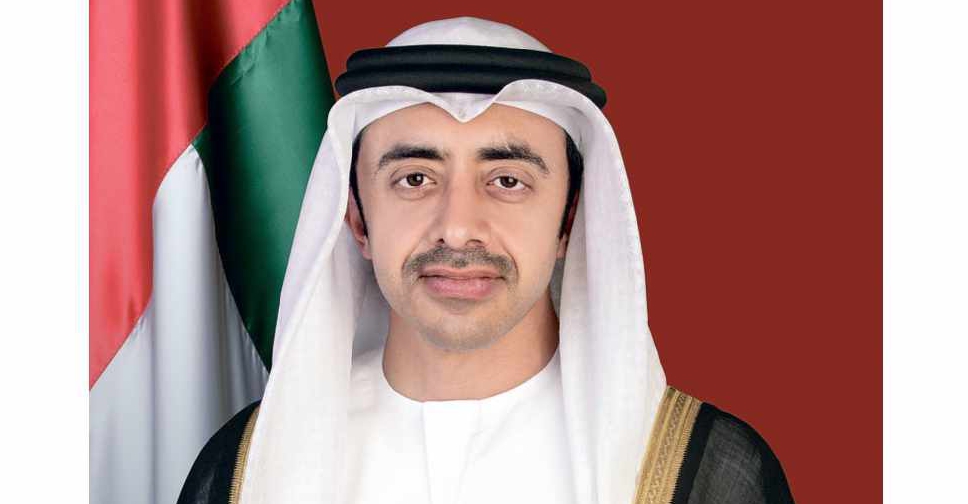 Sheikh Abdullah welcomes ceasefire between India and Pakistan
Sheikh Abdullah welcomes ceasefire between India and Pakistan
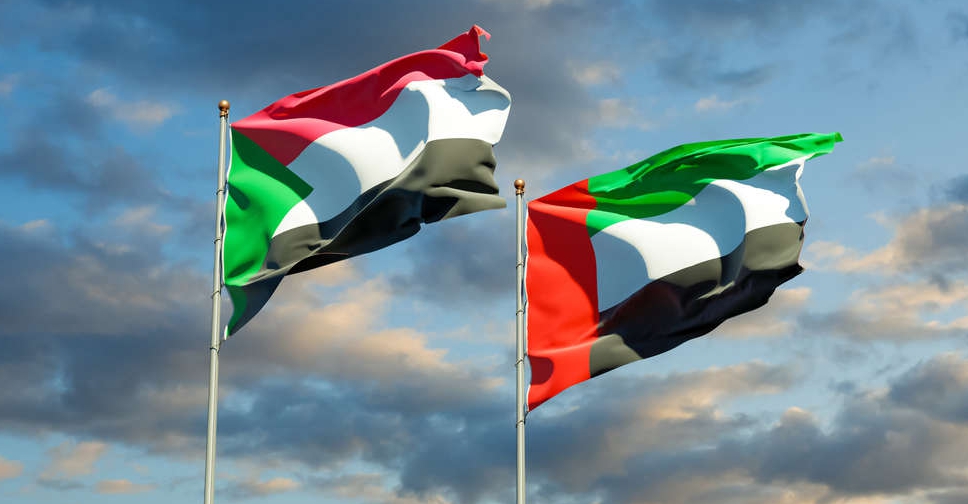 UAE outlines two years of peace diplomacy for Sudan
UAE outlines two years of peace diplomacy for Sudan
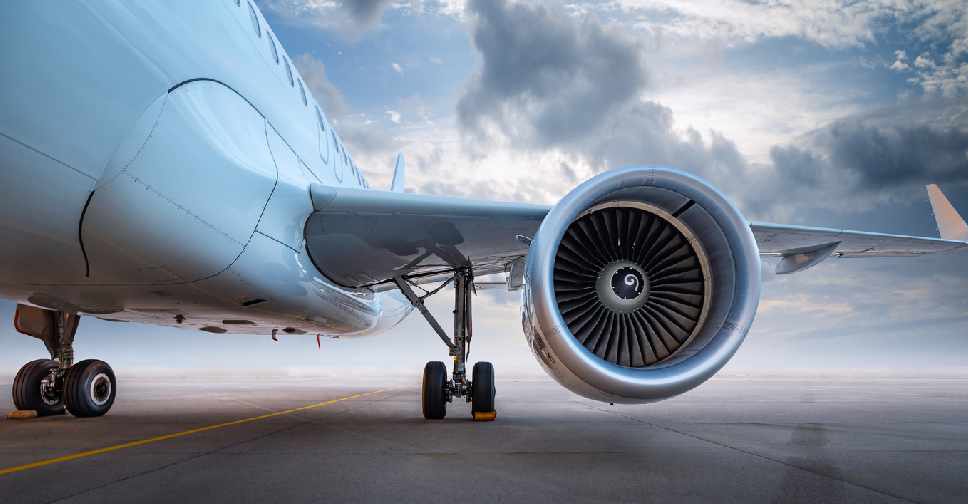 UAE airlines extend flight suspensions to Pakistan
UAE airlines extend flight suspensions to Pakistan
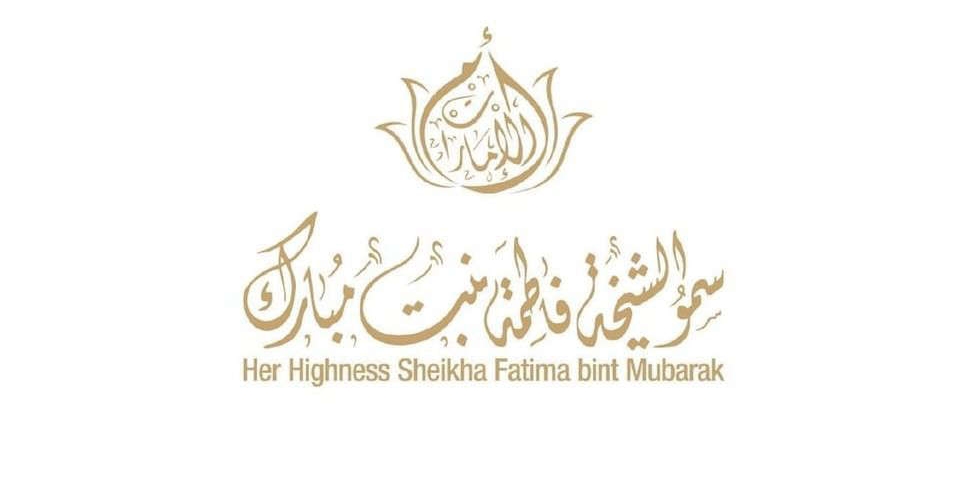 Turkey honours Fatima bint Mubarak with 'Order of the Republic'
Turkey honours Fatima bint Mubarak with 'Order of the Republic'
 Abu Dhabi shuts four health facilities over sick leave scam
Abu Dhabi shuts four health facilities over sick leave scam
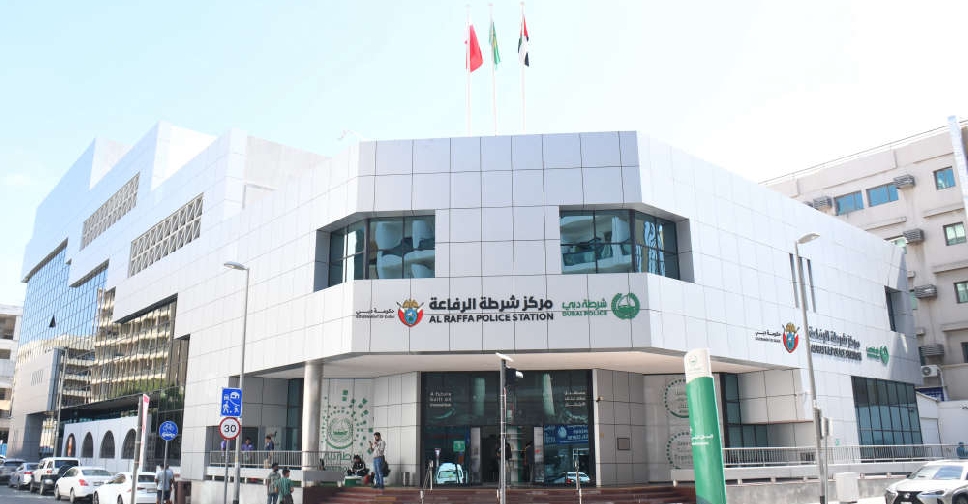 Dubai Police recover stolen supplies before owner notices theft
Dubai Police recover stolen supplies before owner notices theft
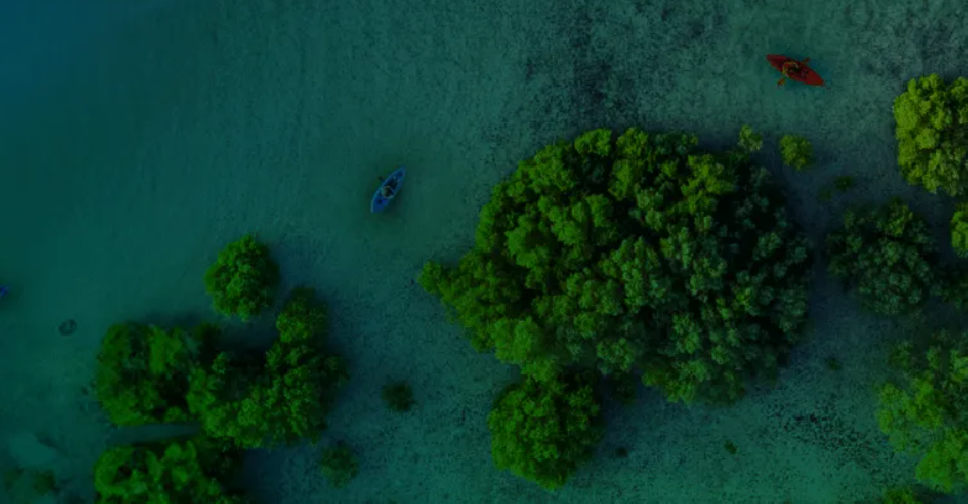 New regulation boosts Abu Dhabi’s response to environmental emergencies
New regulation boosts Abu Dhabi’s response to environmental emergencies



